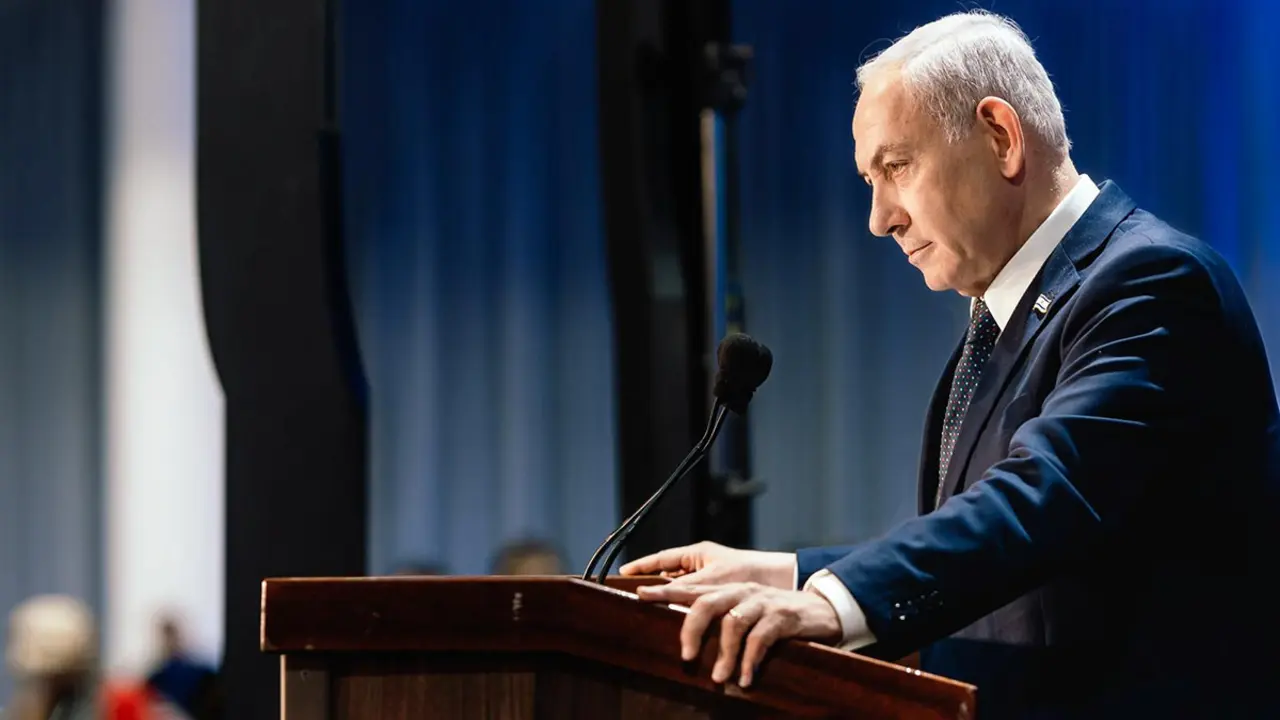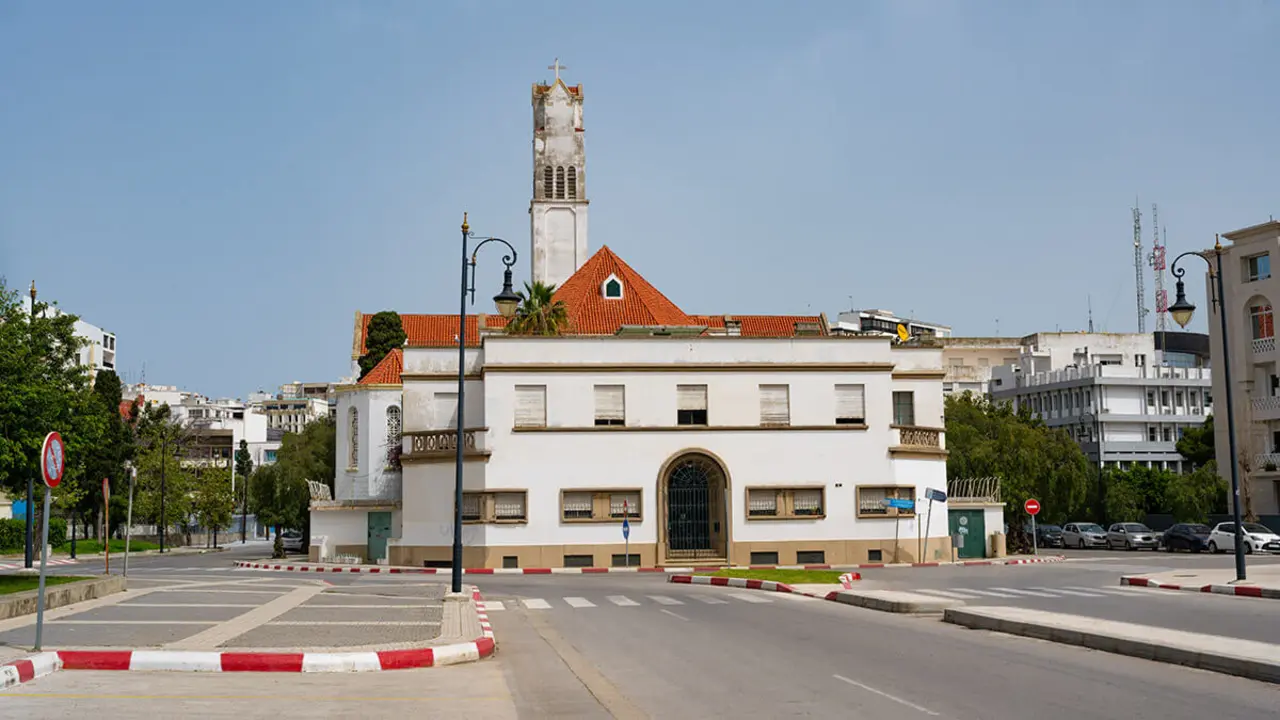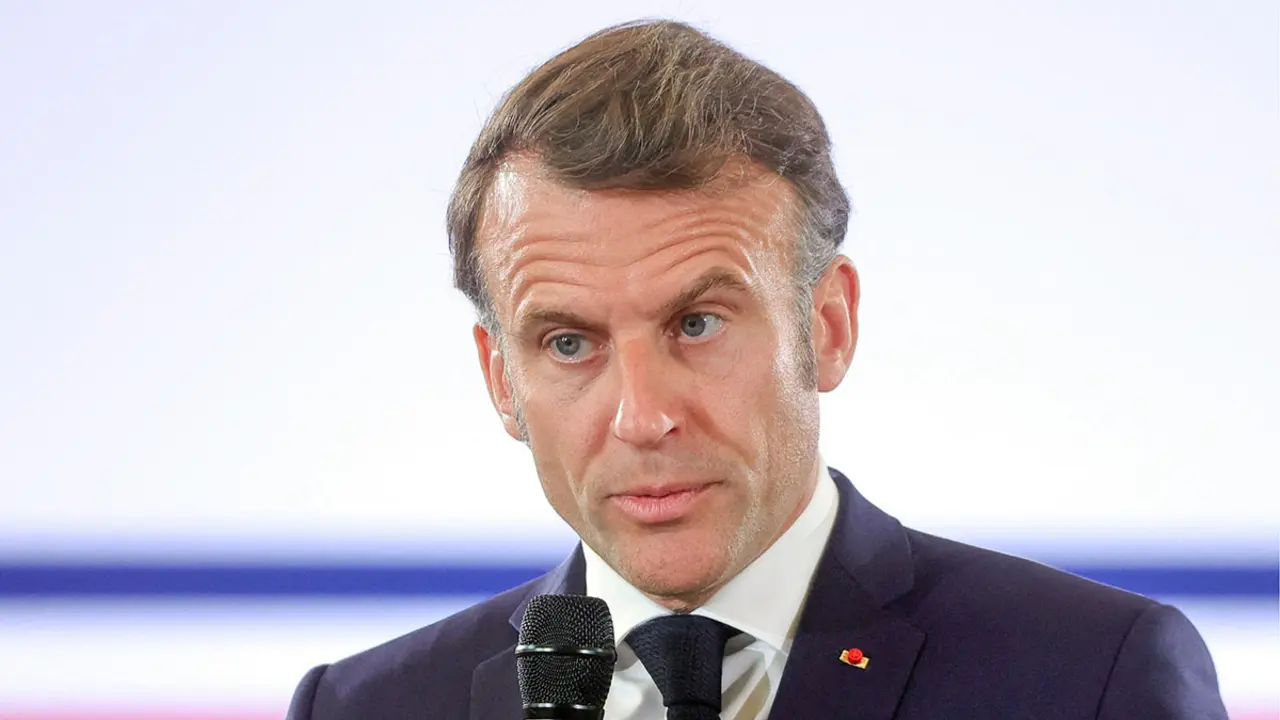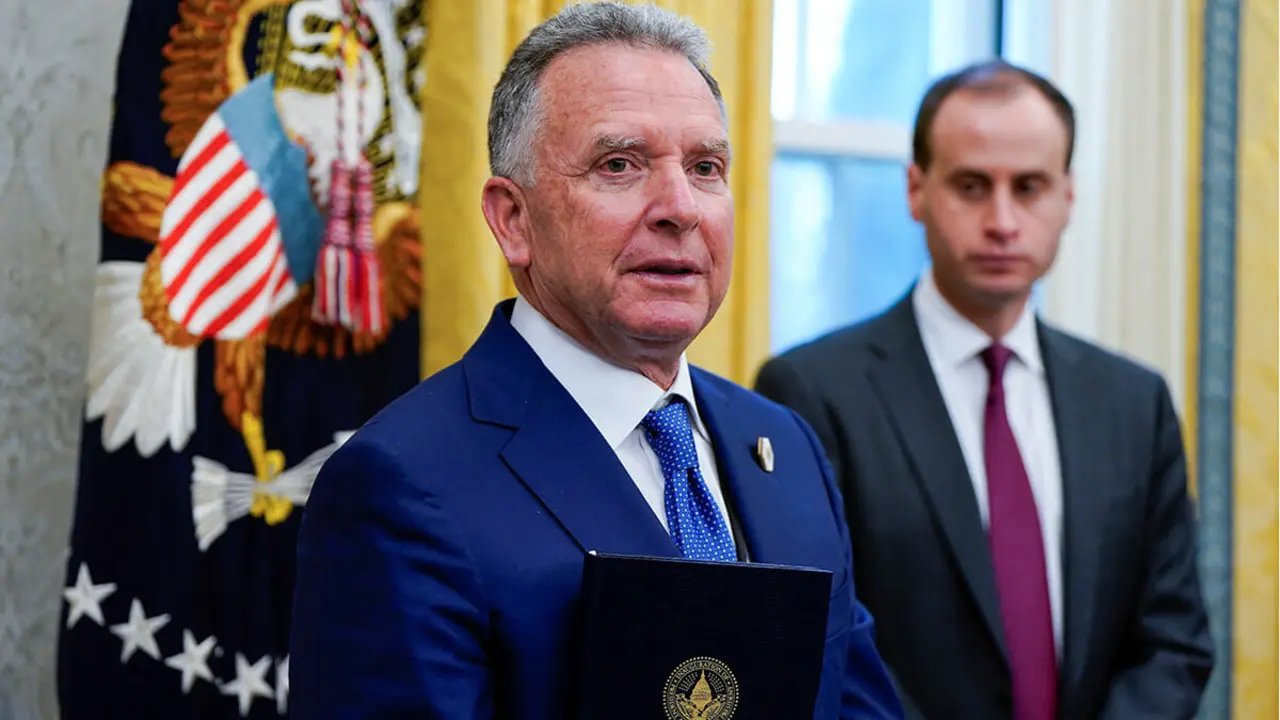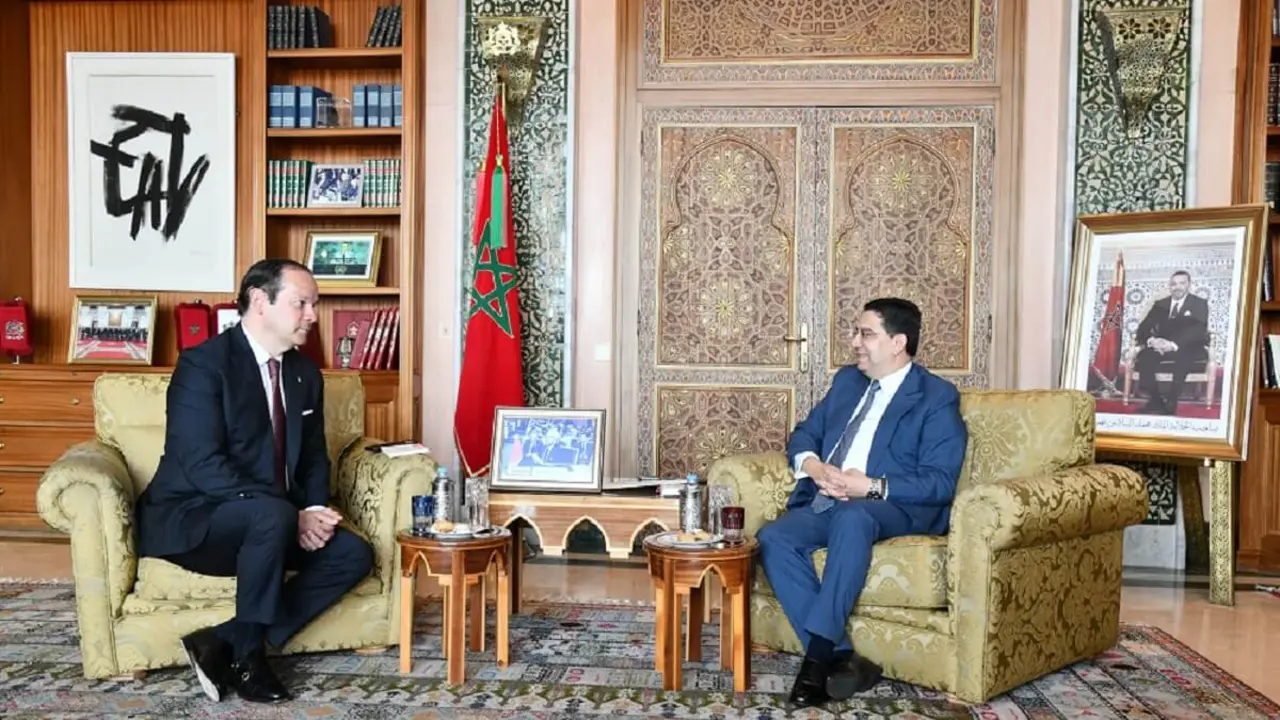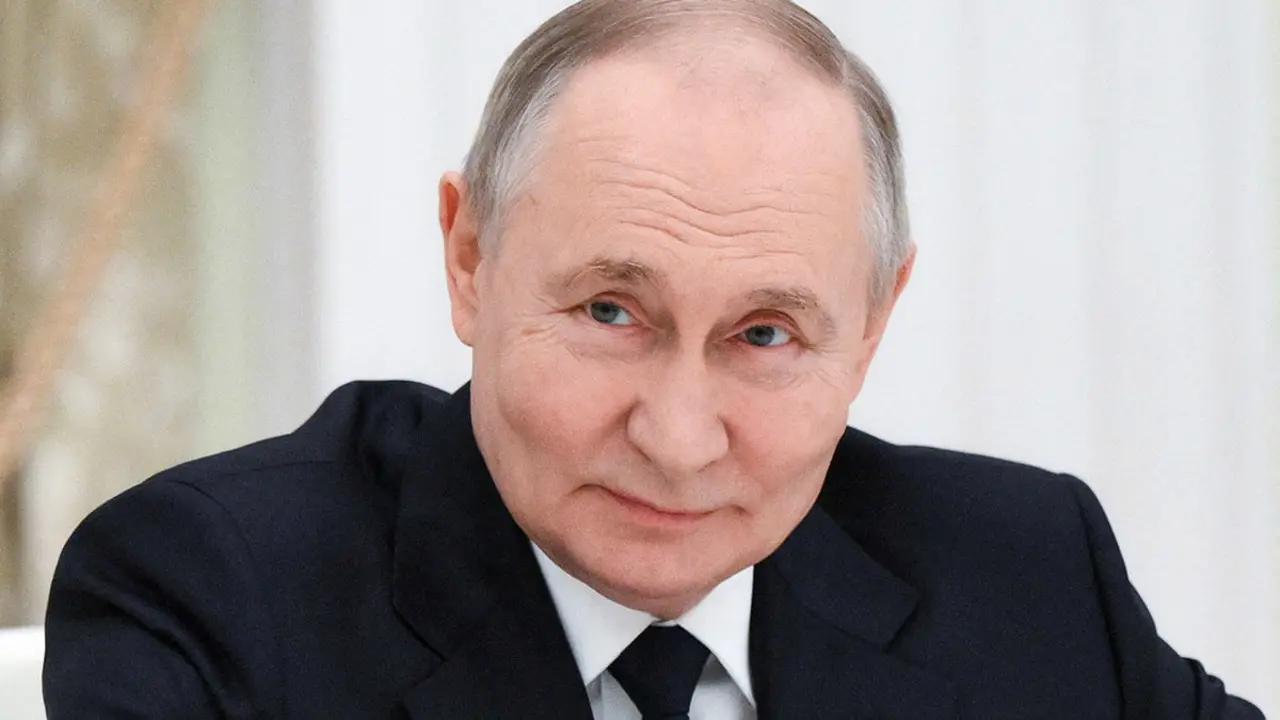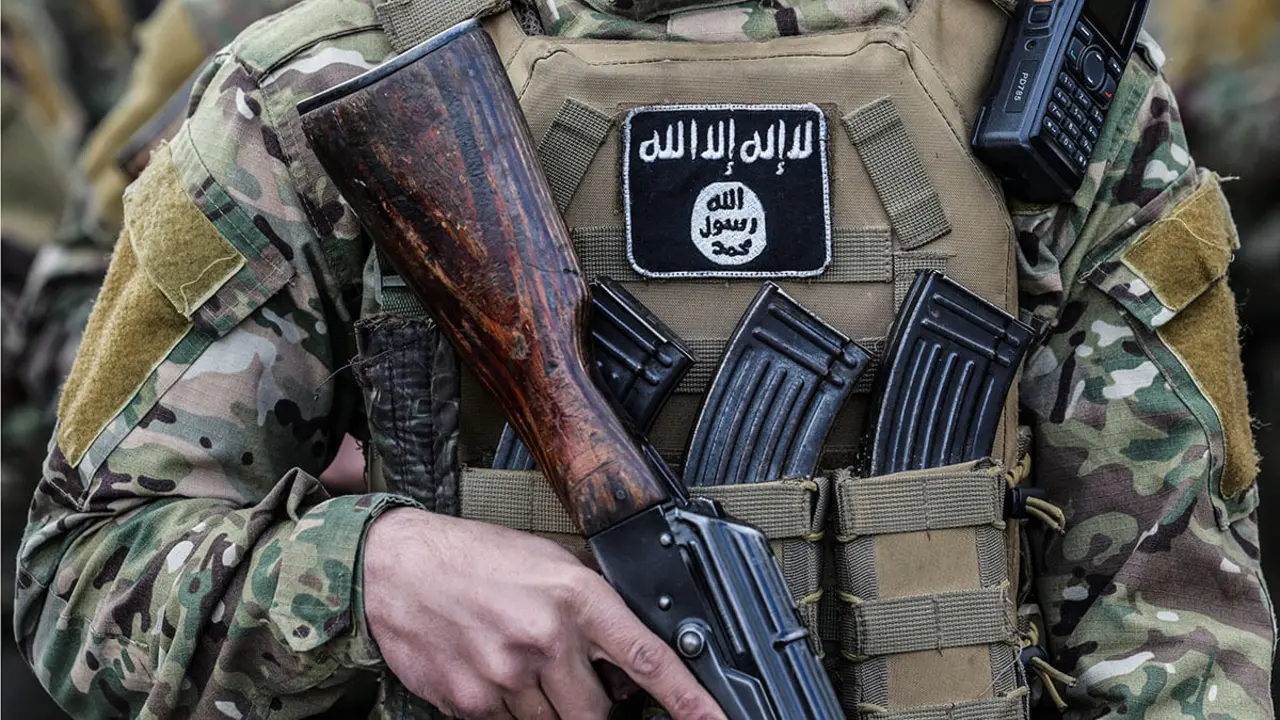Maduro acknowledges Venezuelan emigration "for economic reasons" before the UN
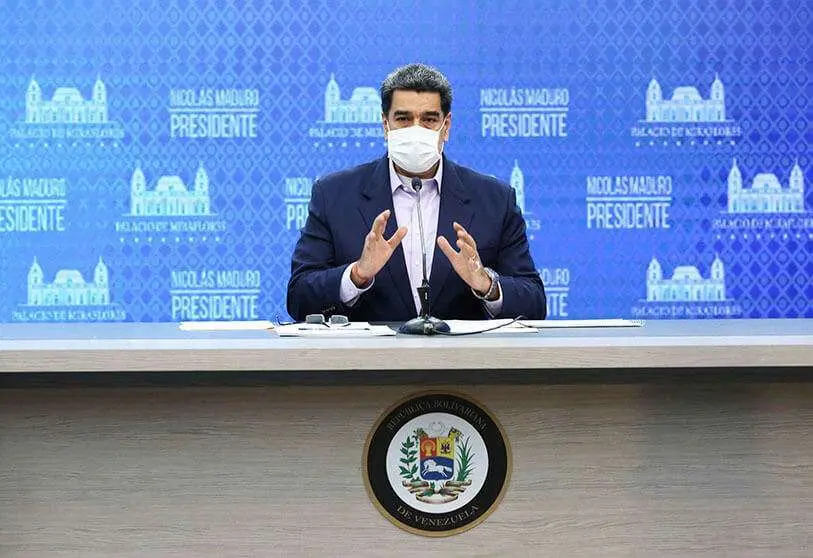
Speaking at the UN General Assembly on Wednesday, Venezuelan President Nicolás Maduro acknowledged that Venezuelan emigration, which his government had long denied, occurred "for economic reasons".
"As a direct consequence of the coercive, unilateral measures and economic aggressions imposed by the United States government on our people, there has been a process of emigration of citizens, fundamentally for economic reasons," Maduro said in a previously recorded broadcast.
Although the president did not mention any specific number of migrants who left in the face of the prolonged economic and social crisis in Venezuela, the UN has estimated that some five million people have had to leave the Caribbean country in search of a better future.
Colombia is the country that has received the most Venezuelans, with some 1.7 million, according to the latest data from the migration authorities. Furthermore, the common border was crossed daily by some 35,000 people before the pandemic, many of whom came to the Andean country as a transit nation to other destinations or to settle permanently.
However, Maduro said that Venezuela "faces a wave of voluntary returns," which, according to government figures, number around 70,000, many of whom come from "countries with very high levels of contagion" of COVID-19, such as Colombia, Ecuador, Peru, Chile and Brazil.
This return, in his opinion, is based on several reasons, among which he cited "the systematic violation of human rights, anachronistic and xenophobic policies" against migrants during the COVID-19 pandemic, which forced them to return to their country of origin when they became unemployed and therefore without economic resources.
Until now, the government had denied this process of exodus to other countries, and even the president of the National Constituent Assembly (ANC), Diosdado Cabello, went so far as to claim that the photos of migrants around the continent were "a montage".
"Don't you find it suspicious that there are photos in Peru (of Venezuelans) walking along the side of the road? In Ecuador, in Colombia (...) it seems that these were lights, cameras, action. They get them off the buses, they don't let them ride and they leave them anywhere, they have no choice (but to walk) and that's the shot they make," said the man considered number two in Chavismo.
Faced with the current situation of return, the opposition has reported that the government has prevented thousands of Venezuelans from returning, some of whom have been waiting for months in various countries for the Maduro government to authorise a flight to allow them to return.
For his part, Maduro asked "what has been the reaction of the world that claims to be concerned about Venezuela" to the situation of Venezuelans around the world and insinuated that there has been corruption among those who are responsible for looking after them.
"We wonder how it is possible, despite the enormous amounts of dollars that have been given to these governments (of migrant receiving countries) through extravagant donor recruitment conferences for Venezuelan migrants, what they did with that money," the Venezuelan leader said. He added another question, "Did the governments steal it?
"We believe that we must rigorously review (...) the role that some United Nations agencies or some people from some agencies have been playing in these processes, such as the office of the United Nations High Commissioner for Refugees (UNHCR) or the International Organization for Migration (IOM).
Once again, as he did in his previous addresses, he denounced the sanctions imposed by the United States on Venezuela and called for the organisation of a multipolar world in the face of the "supposed global dictatorship established by the United States".
As an example of this multilateral work, Maduro cited the World Health Organisation (WHO) and its work during the pandemic. "The WHO must be an example of multilateralism that we need to strengthen, the WHO must be an organisation that acts and speaks faithfully, without bowing to pressure, extortion and attacks from the powerful, that confirms its moral authority, its scientific capacity and cooperation based on solidarity," he concluded.

